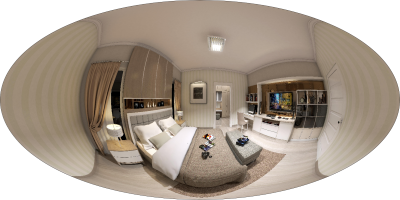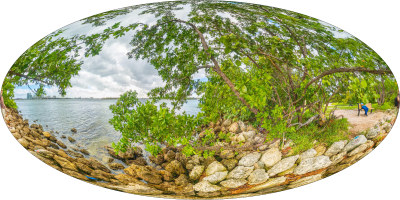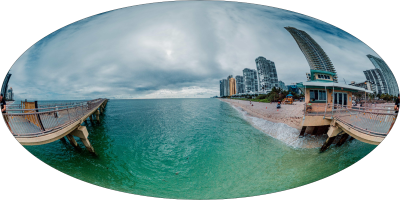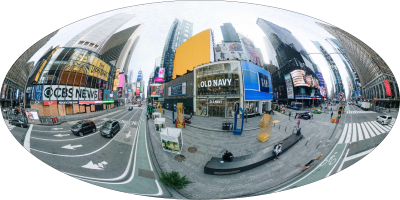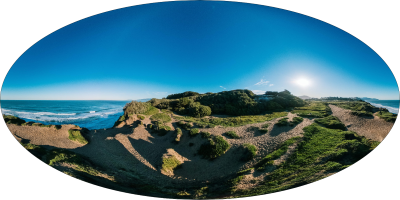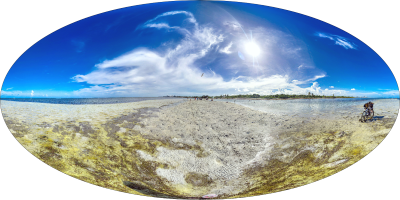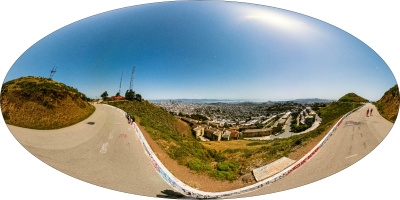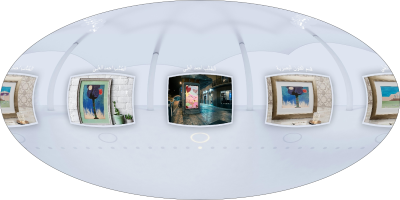copernicAI
Geometric AI for the metaverse and beyond

Today’s AI techniques have shown remarkable performance and are changing the world in which we live. However, standard AI techniques simply do not work for scenarios involving complex geometries, such as the metaverse.
We have progressed a cutting-edge programme of fundamental research to develop geometric AI techniques for spherical data that are highly effective, while also being computationally scalable to huge, high-resolution datasets (see our Research page for further details).
Below, we overview the technology and present its use both to power our VR technologies and for classical AI problems, such as classification and recommendations.
But our underlying geometric AI technology has now reached a maturity where it can be applied to realise the next wave of open generative AI for geometries like the sphere and 3D more generally. To focus on these exciting generative AI applications, CopernicAI has become its own thing, with its own online presence. You can read more on the dedicated CopernicAI website here.
Features
In copernicAI, Kagenova has built efficient geometric AI techniques for 360° data from the ground up. Our approach retains the symmetries of the sphere, eliminates any distortions due to projections, encodes rotational equivariance as a powerful inductive bias, and is scalable.
Learn more about the technical details in our research articles. In our latest article we show copernicAI achieves state-of-the-art performance on many common benchmark problems, beating all alternative approaches.
Usage
copernicAI powers our copernic360 and copernic worlds products that take first steps towards delivering photorealism and interactivity in virtual reality.
copernicAI provides underlying geometric AI techniques that can be leveraged to solve many computer vision problems for 360° data, such as classification, depth estimation, semantic segmentation, and object detection and tracking, to name just a few.
While the full copernicAI platform is under development, we’ve started to release APIs of models for solving numerous tasks, as outlined below.
Please get in touch to discuss your use case!
Scene360: scene classification for 360° images
Perform full scene classification of 360° images with Scene360. Many image classification systems target images of objects or narrow views. For 360° images an entire panoramic view is captured and the question of interest is often to classify the entire scene of the image. Scene360 provides meaningful full panoramic scene classification for precisely this task.
See some example scene classifications in the gallery below.
Scene360 is free and available on the AWS AI Marketplace here
Recommender360: recommendations for 360° images
Suggest 360° images that are similar to a given source image with Recommender360. The recommendations provided by Recommender360 are based on a semantic understanding of the panoramic content contained in 360° images.
See some example recommendations in the gallery below.
Recommender360 is soon coming to the AWS AI Marketplace.
Gallery
Check out some sample results from Scene360 and Recommender360.
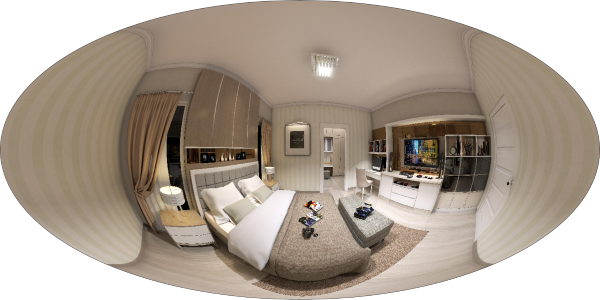
Recommender360 suggestions:
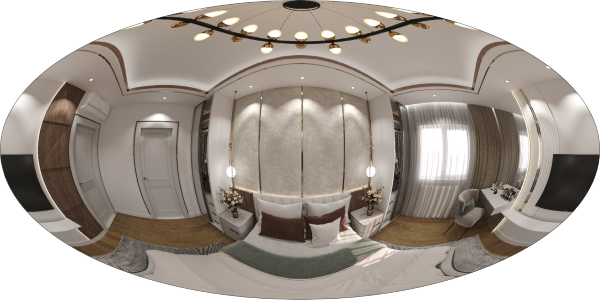
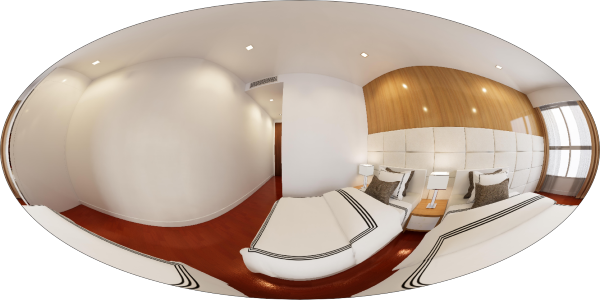
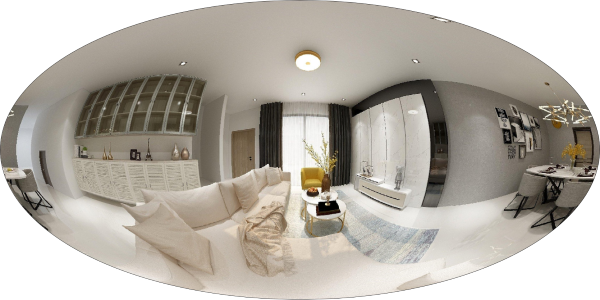
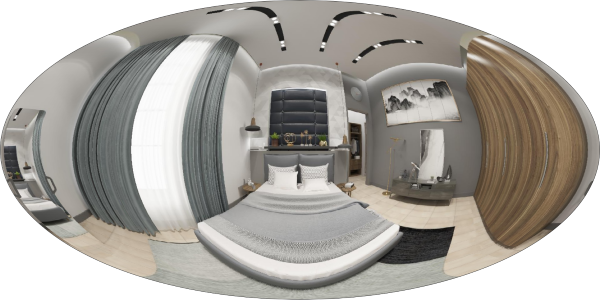
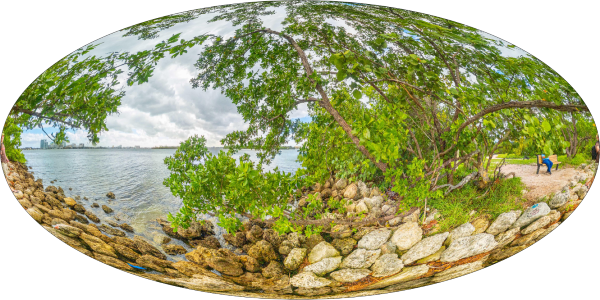
Recommender360 suggestions:
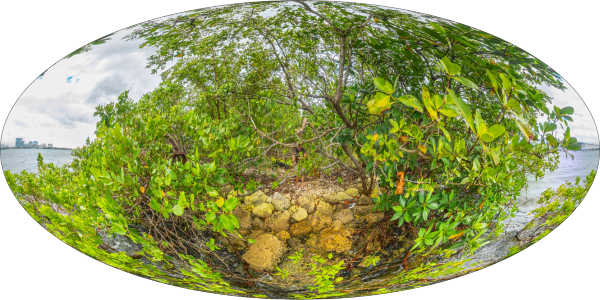
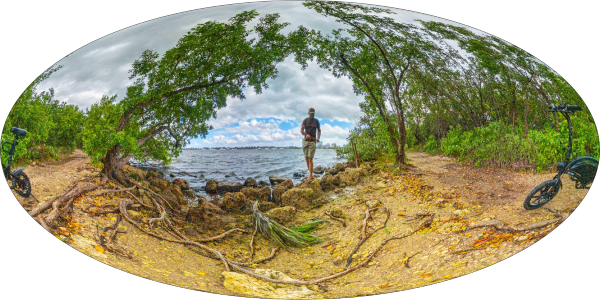
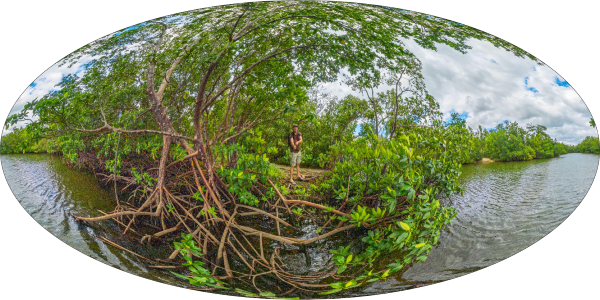
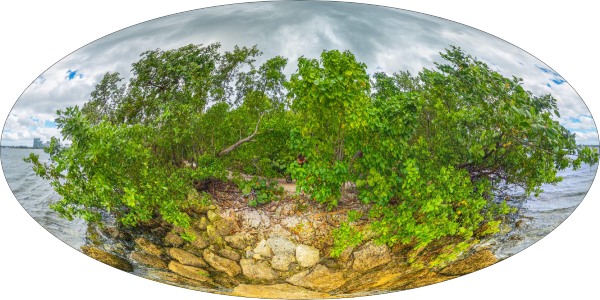
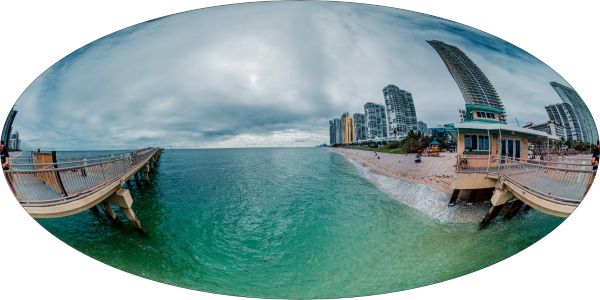
Recommender360 suggestions:
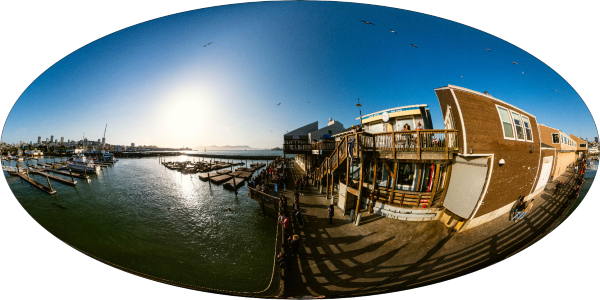
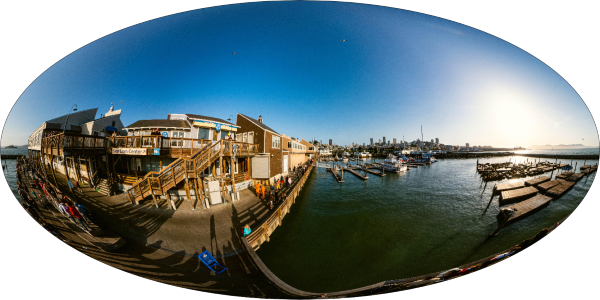

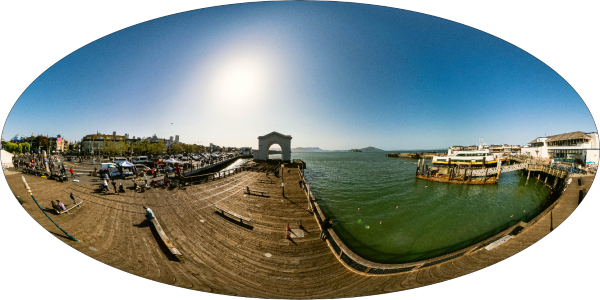
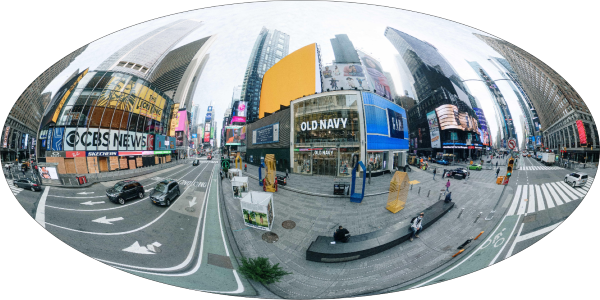
Recommender360 suggestions:
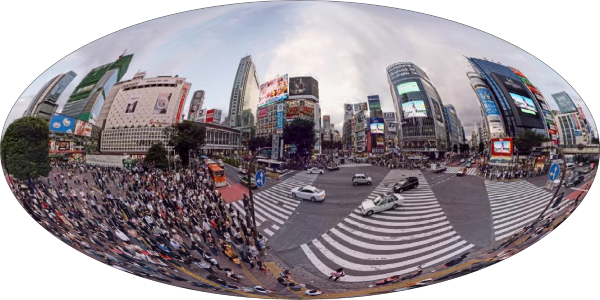
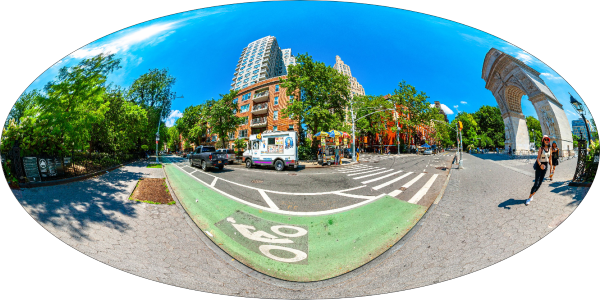
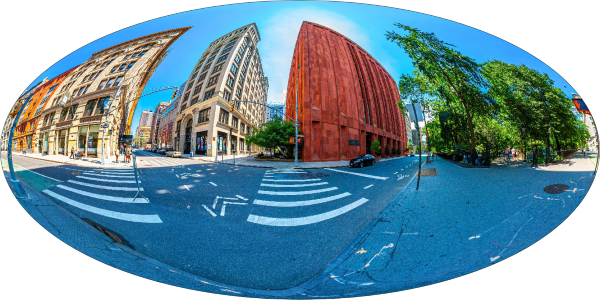
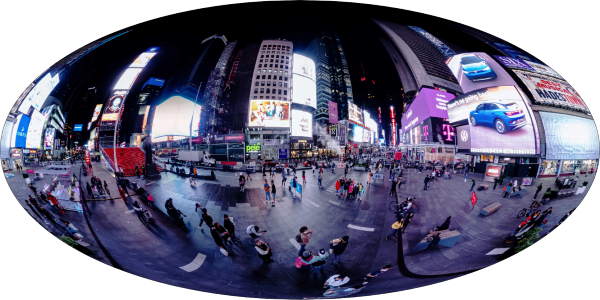
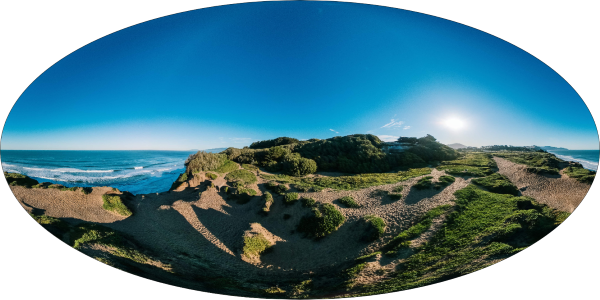
Recommender360 suggestions:
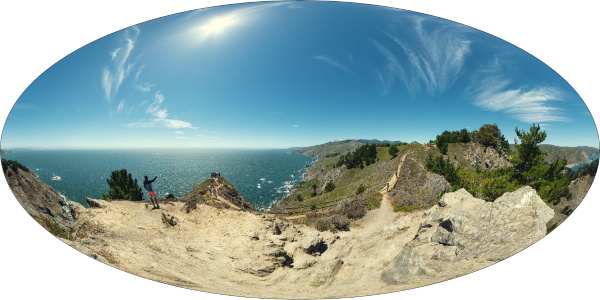

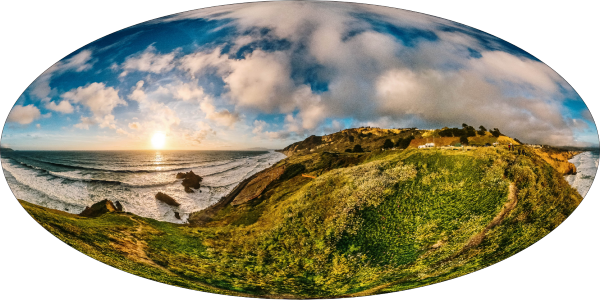
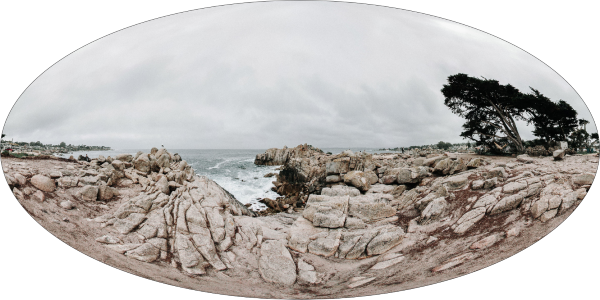
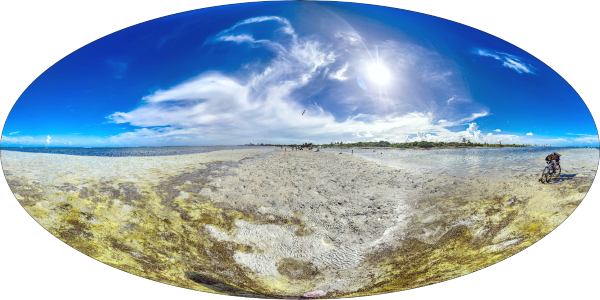
Recommender360 suggestions:
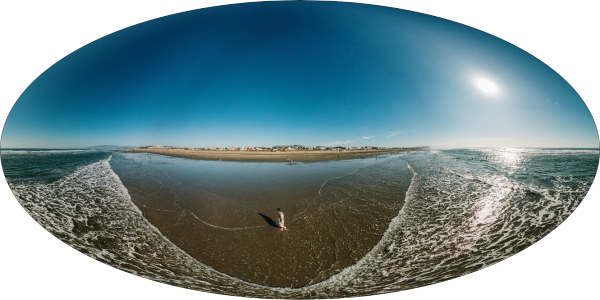
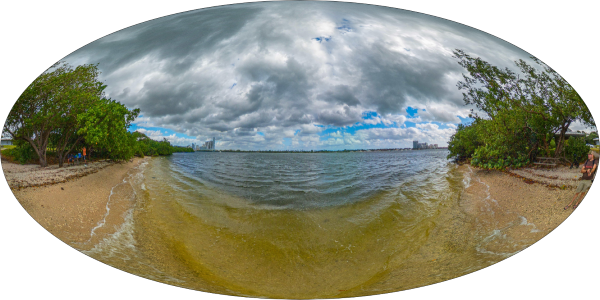
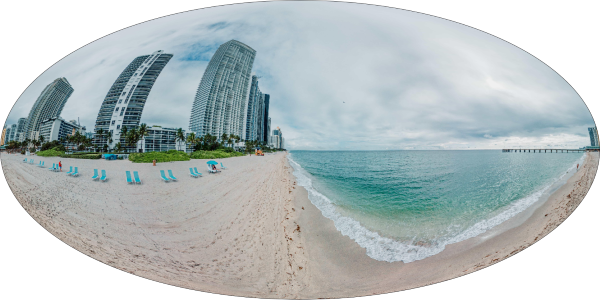
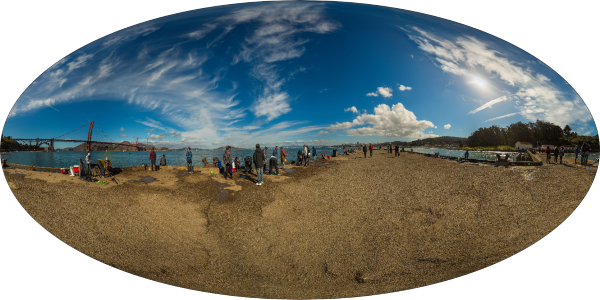
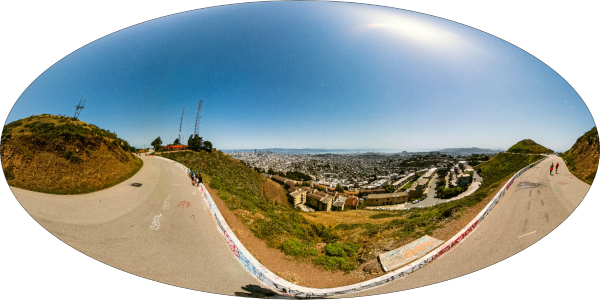
Recommender360 suggestions:
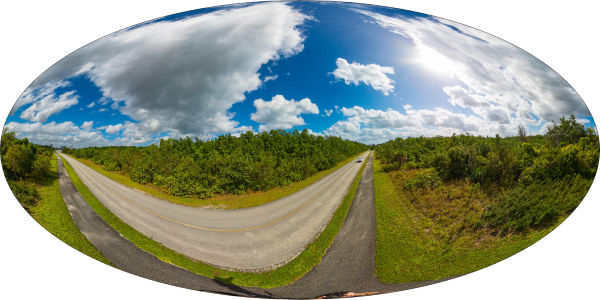
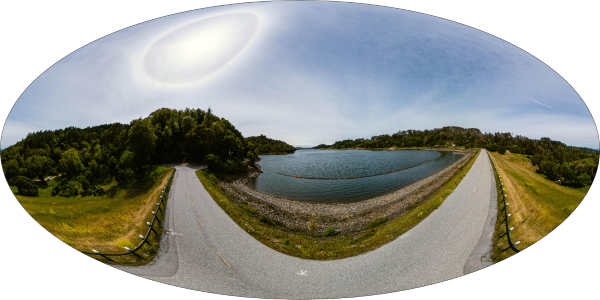
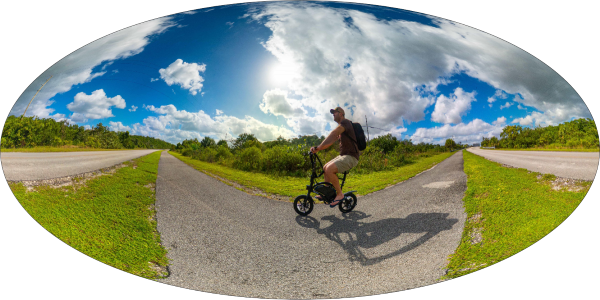
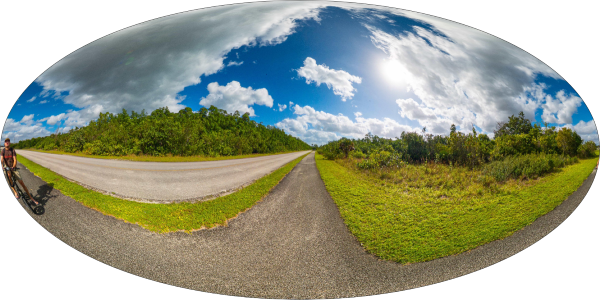
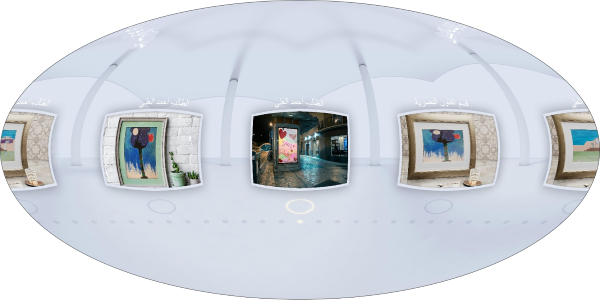
Recommender360 suggestions:
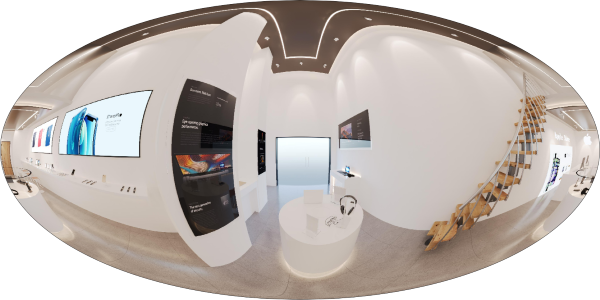
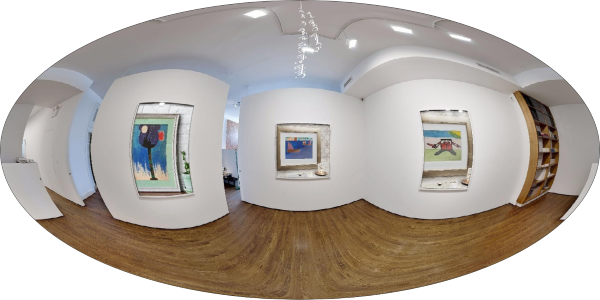
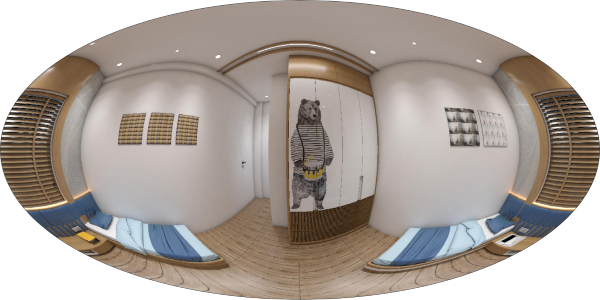
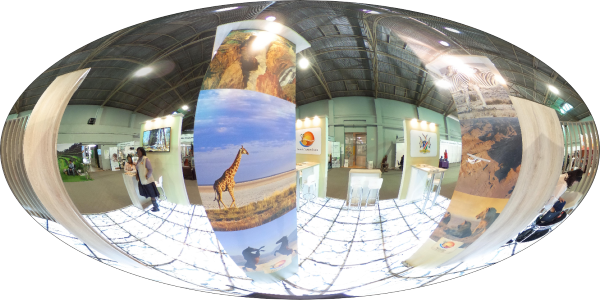
Images via pixexid
Inception360: classification of 360° images
While full panoramic scene classification, as provided by Scene360, is typically of most interest for 360° images, we also provide Inception360 to predict ImageNet categories for 360° images.
Inception360 is free and available on the AWS AI Marketplace here.
Get in touch
Do you want to find out more about copernicAI? Do you already have applications in mind? Let us know!


